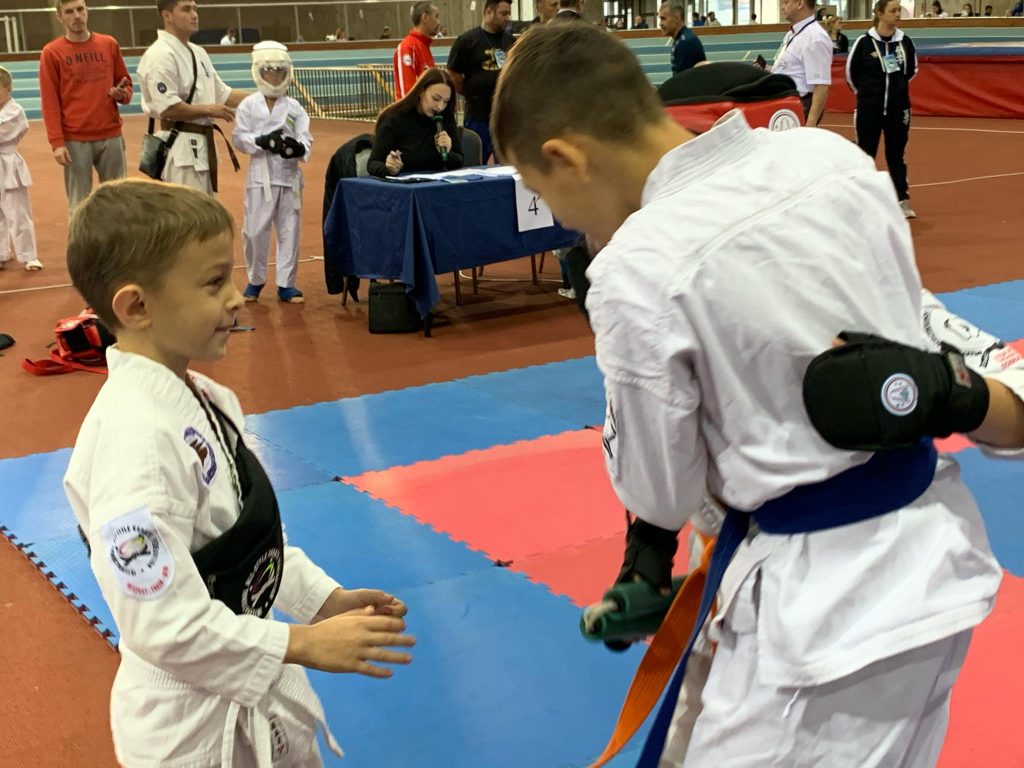Coach less. Love more.
Imagine the horror: You’ve been driving your kids to Karate class, tournaments, and camps for years. You’ve spent boatloads of money on uniforms, belts, gradings, and equipment. You’ve invested hundreds of hours in pushing your kids to the limit relentlessly. Then one day…
They quit.
Just like that. You’re heartbroken. Flabbergasted. Why? You try to talk to them and convince them to continue. And you tell them they’ve come too far to quit now – give it another shot! But nothing works. When a child makes her mind up, there’s not much you can do. So… Naturally, you start to blame yourself.
“What did I do wrong? Why did this happen? Am I not a good parent? I bought the best trainers, the best gear, the best…”
Stop. Just stop it. I’ll tell you what you did wrong: You got so spellbound by performance, glory, spotless track records, pride, success, and hard work that you forgot what TRULY matters.
Now repeat after me: Kids are not physically manifesting my unfulfilled childhood dreams.
Look…In my years as a Karate teacher and coach, growing up in a martial arts family myself, I’ve witnessed too many talented kids get their enthusiasm sucked dry by well-meaning parents who unknowingly treat their kids as human bricks in a game of parental glory.

And it sickens my stomach. If your kids’ success – whether in Karate, hockey, academics, or football – is just another status symbol for you, then you should prepare to face a sh*tstorm of consequences once they grow old enough to understand this.
But don’t worry, there’s still hope left.
According to psychological research, parents can use scientifically proven phrases with their kids to ensure they stay motivated and super happy with their performance – no matter if they’re playing piano, throwing balls, or kicking ass.
The top three statements moms/dads can make as their kids perform are:
Before competitions:
- “Have fun.”
- “Do your best.”
- “I love you.”
After fights:
- “Did you have fun?”
- “I’m proud of you.”
- “I love you.”
Find the full article HERE.
By Jesse Enkamp



